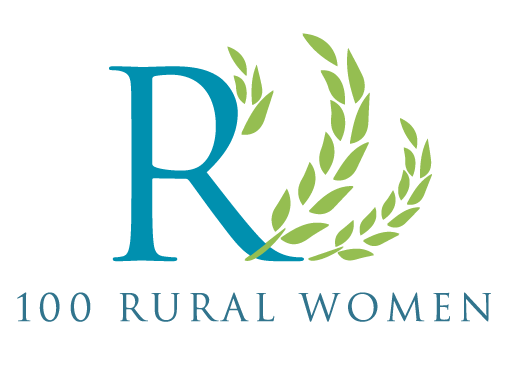“Never let the perfect be the enemy of the good.”
Editor’s Note: Over the 2020 summer, one of our interns was able to sit down with Katie Heppner and get to know her. She discussed their highs and lows, inspirations, and even advice she would offer to a former self.
We are excited to feature Katie through our Spotlight Profiles.
Meet Katie Heppner, the Executive Director of the West Central Economic Development Alliance, a nonprofit that focuses on economic and community development in Wadena County, Minnesota, since April 2018. Prior to that, she had held leadership roles in local government throughout Greater Minnesota. Katie earned her B.S. in Political Science and her Masters in Public Administration both from Minnesota State University, Mankato. In 2020, she was honored to have received the Emerging Leader of the Year Award from the Economic Development Association of Minnesota. Katie has a deep passion for rural engagement and serves on several boards during her “free time,” including the Brainerd Dispatch Advisory Board, the North Central Economic Development Association Full Corporation, the Central Lakes College Foundation, and serves as the Chair of the Staples-Motley Area Community Foundation. Katie happily lives in Staples, MN with husband Erich, two Bernese Mountain Dogs, and their son.
Question: Can you tell us about your connection to Rural America?
Answer: I fell in love with community and economic development from a very young age. Growing up on the Iron Range, I saw first-hand the influence that businesses and the economy had on the community and people’s everyday lives. Even more so, I saw the power of community organizing and engagement in bringing families together. It aidid in overcoming the challenges that came with living in a boom-and-bust economy.
I was an active volunteer throughout my youth and knew that I wanted to turn my passion into a career. Studying political science and public administration gave me the tools I needed to successfully engage on a grassroots level. Now, I’m able to advocate for larger initiatives and policy changes.
Today, I am proud to work in economic development in a rural county in Minnesota. I may not have access to as many resources as those who work in metropolitan areas, but I am allowed to think creatively. I can come up with out-of-the-box solutions to overcome our obstacles. This community-minded entrepreneurial spirit is what I believe makes Greater Minnesota such an outstanding place. I have the privilege of working alongside outstanding and passionate local leaders. We are able to see the difference our work has on families just like my own.
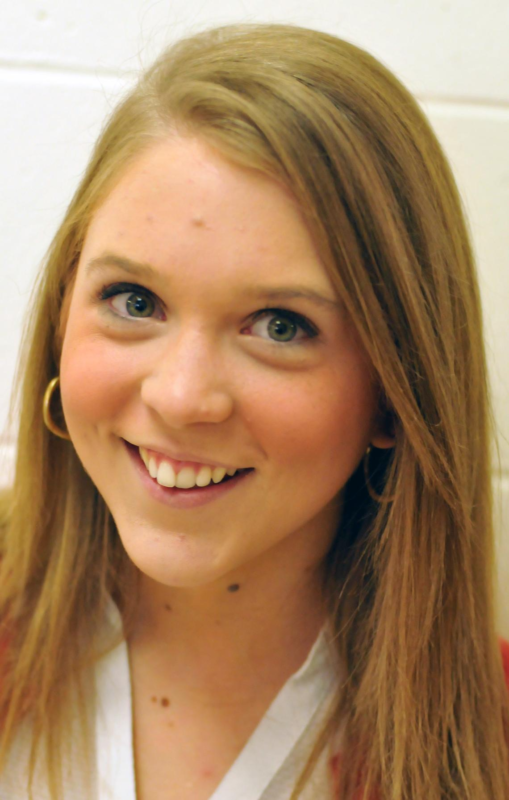
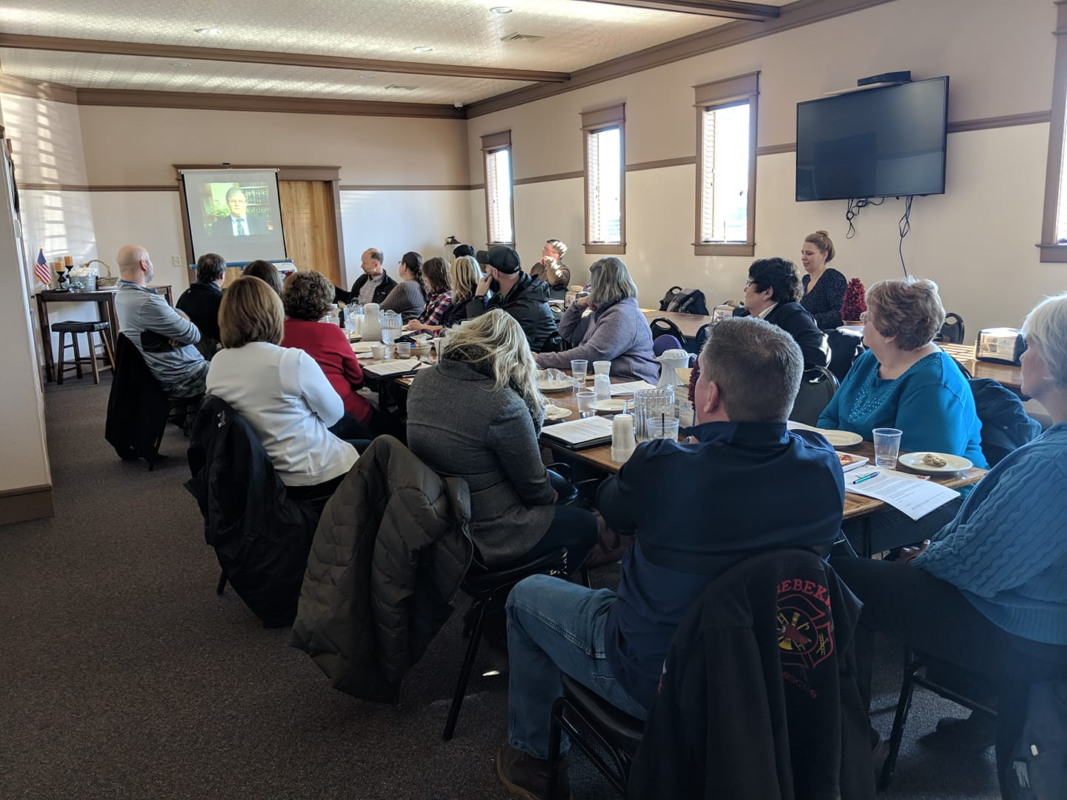
Question: Tells us about a moment you felt discouraged and how you overcame it.
Answer: Being a young woman in a male dominated field has come with its share of challenges. Earlier in my career, I would become quite discouraged when colleagues and community leaders treated me different because of the way I looked. Let’s face it, some people are just not accustomed to a 5’2” blonde young woman coming in and taking command. On multiple occasions my ideas and presentations were discounted. That is, until they got a “seal of approval” from an older, male counterpart. Even if that person was not as well versed on the subject. As discouraging as this may feel at times, I have found ways to overcome it and make it my strength.
First, I recognize that I need to have my “homework” done before I start a conversation on an issue. This has forced me to research further, read more, and dive deeper into subjects than I might not have otherwise done. Which, in turn, has made me a stronger, more confident advocate and leader. Second, I put a lot of importance on relationship building. Making sure I have a reputation as someone who is dependable and who can get the job done has been crucial to overcoming my age and gender barrier. Finally, I try to remember to stay true to myself and my values. I do not want to change my leadership style or ethics to fit into a mold set by someone else. As they say, you can’t be everybody’s cup of tea.
Question: How do you lead and create change in your community and how can your community better support rural women?
Answer: The blessing (and the curse) of economic development is that it has grown to encompass a wide variety of community issues. Beyond business retention, expansion, and attraction, economic development now has a role in housing, childcare, workforce, and a wide variety of other community issues. Being an economic development professional means that I am on the front lines. I’m working with businesses, non-profits, and local governments to create programs and develop policies that make Wadena County a better place to do business and to live.
One of the biggest ways that communities can better support rural woman is to improve the transparency of local decision making. We need to make it easier for women to participate on local boards, committees, and councils. Too often, I see meetings scheduled at times that make it nearly impossible for women, particularly working mothers, to participate. If we cannot participate, the policies and programs enacted will not include our voices and perspective. The systems of public engagement must be re-evaluated to ensure that everyone has the ability to participate. By streaming meetings online, having multiple ways to provide input and feedback, and normalizing bringing children to meetings (or, better yet, providing childcare at the meetings), local governments and organizations can show that they truly value the input from their female community members.
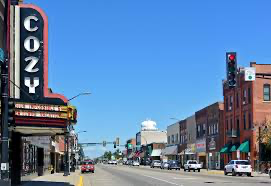
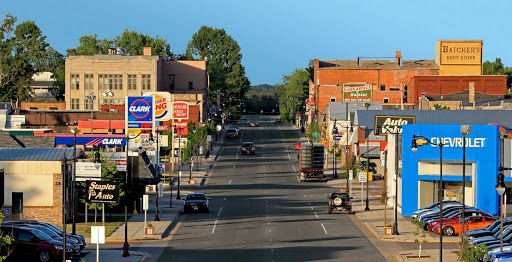
Question: If you could give one piece of advice to your former self, what would that be and why?
Answer: “Never let the perfect be the enemy of the good.” Fresh out of graduate school, I got really hung up on designing the perfect program or policy. I wanted everything to be textbook so that no one could scrutinize it. Unfortunately, nothing in the real world pleases everyone. In addition, time constraints, lack of resources, and a million other factors make it extremely difficult to design a project. It’s like it was in a laboratory. However, that does not mean that since a project cannot be perfect that it should not be done at all. You simply need to do what you can with what you have. Sure, this might lead to a series of smaller projects over a longer period of time, but real change comes from persistent and incremental efforts. After all, there is no silver bullet that will solve every issue.
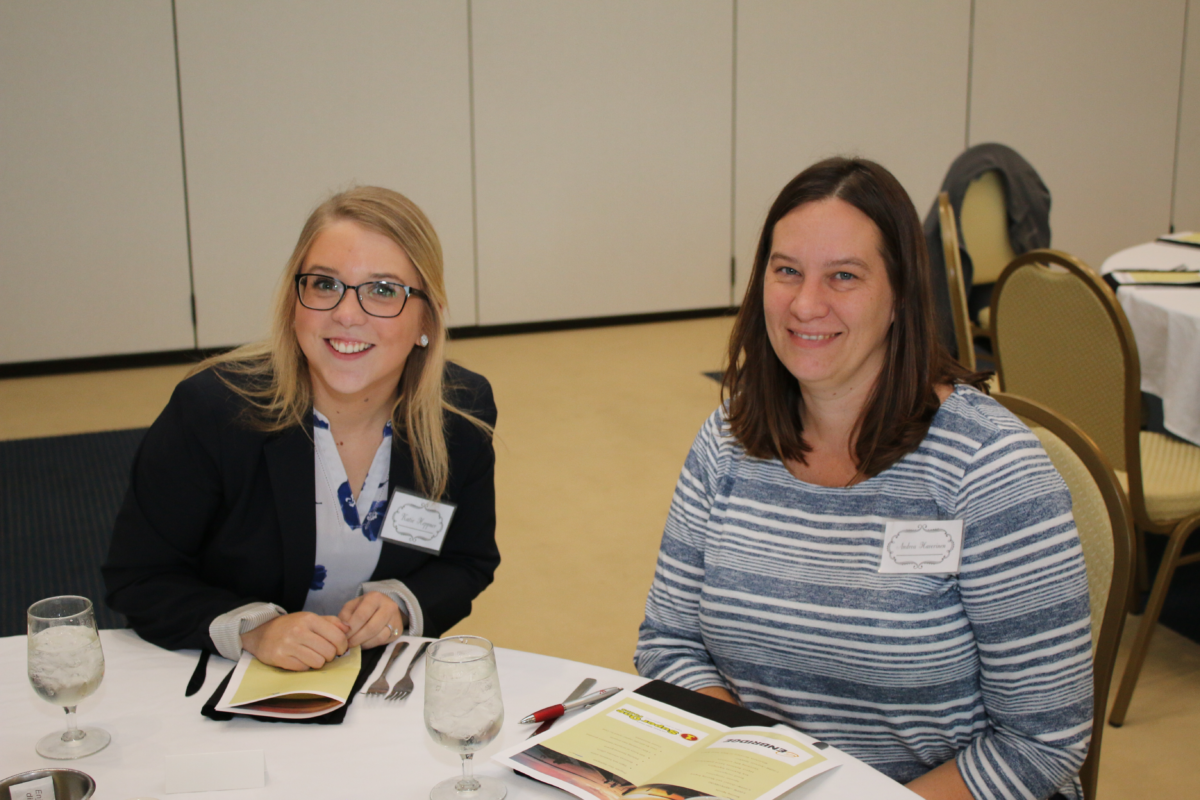
Question: Who or what has been your biggest inspiration?
Answer: My biggest source of inspiration comes from the communities I get to work in every day. I get incredible pride and satisfaction from being a part of a community. As well as sharing in the work to make it a better place. If I am ever feeling down or uninspired, I like taking a walk downtown or sitting in a park to people watch. Seeing the community in action and the people and places that are affected by my work is a terrific energy booster. It helps me take a step back and see the bigger picture. It also allows me to notice issues or perspectives that I would not normally see from just sitting behind my computer.

